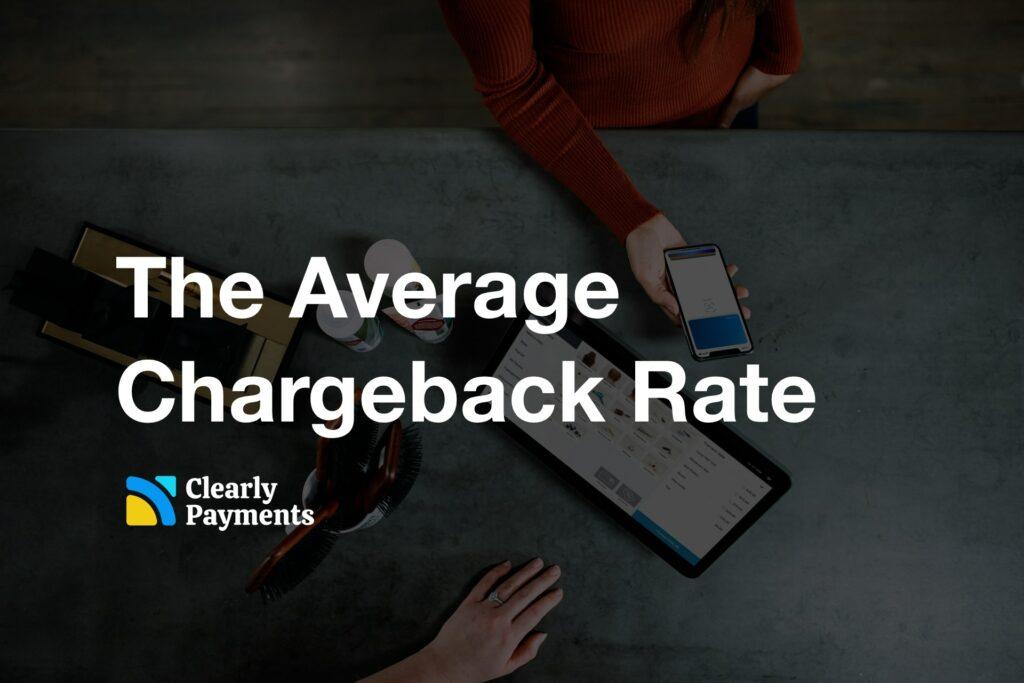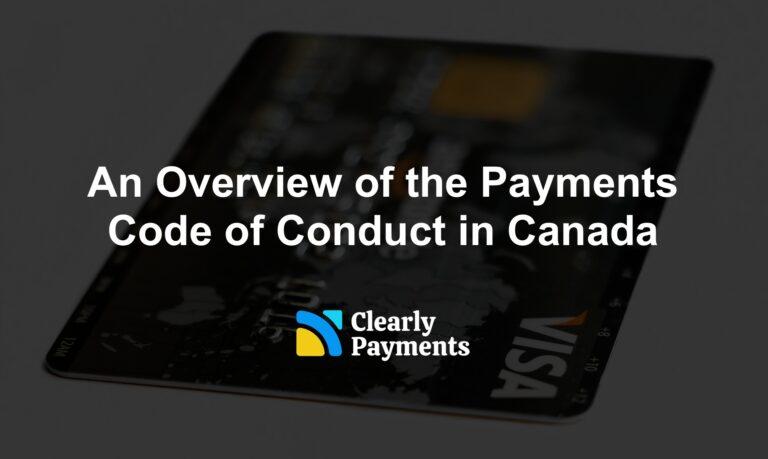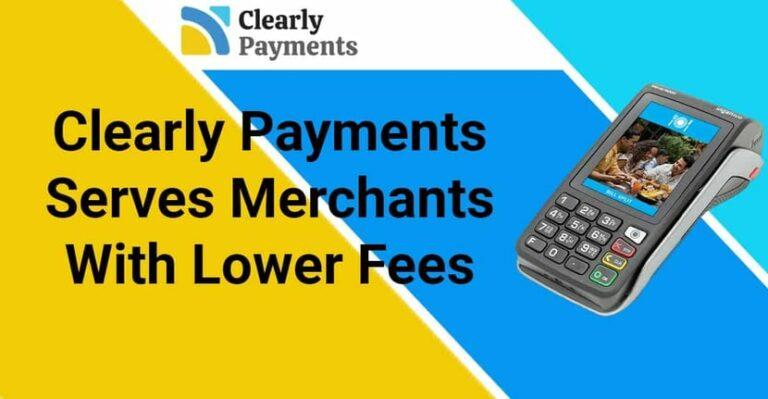Chargebacks are an integral part of the payment processing industry, representing a mechanism for customers to dispute transactions and seek refunds. For merchants and payment processors, monitoring and managing chargeback rates is crucial as they directly impact financial stability, customer trust, and overall business operations.
The average chargeback rate is 0.60% across all industries. This means 6 out of every 1000 transactions will be a chargeback.
Looking at all industries, the average chargeback rate is 0.60%. This means 6 out of every 1000 transactions is a chargeback. In general, you want to keep below 1% chargeback rate. Anything close to 1% and above tends to be considered high risk. In this article, we will cover the average chargeback rate in payment processing, exploring its significance and providing insights into its implications for businesses.
How to calculate your average chargeback rate
The average chargeback rate is a metric that indicates the percentage of transactions that result in chargebacks compared to the total number of transactions processed. It serves as a key performance indicator (KPI) for assessing the health of a merchant’s payment processing activities. A high chargeback rate can signal potential issues, including customer disputes, fraud, dissatisfaction, or operational inefficiencies.
To calculate the average chargeback rate, you need to determine the total number of chargebacks within a specific time period and divide it by the total number of transactions during the same period. Here’s the formula:
Average Chargeback Rate = (Number of Chargebacks / Total Number of Transactions) x 100
Example chargeback rate calculation: Let’s say you had 5 chargebacks within a month, and during that same month, you processed a total of 1,000 transactions. In this example, the average chargeback rate is 0.5%. Average Chargeback Rate = (5 / 1,000) x 100 = 0.5%
Factors influencing the average chargeback rate
Several factors contribute to the average chargeback rate experienced by merchants. These include:
Industry: Different industries have varying chargeback rates due to factors such as the nature of products/services, customer expectations, and historical chargeback trends. High-risk industries, such as travel, online gaming, or adult entertainment, tend to have elevated chargeback rates compared to low-risk sectors like grocery stores or utilities.
Customer Experience: A poor customer experience, such as delayed deliveries, misleading product descriptions, or unsatisfactory service, can lead to higher chargeback rates. Customers are more likely to initiate chargebacks when they feel dissatisfied or perceive a breach of trust.
Fraudulent Activity: Fraudulent transactions, including stolen credit card information or identity theft, can significantly impact the chargeback rate. High instances of fraud increase the likelihood of chargebacks as legitimate cardholders dispute unauthorized charges.
Operational Efficiency: Effective fraud detection and prevention measures, robust customer support, and efficient dispute resolution processes can mitigate chargebacks. Merchants with streamlined operations and proactive measures in place tend to have lower average chargeback rates.
Average chargeback rates for select industries
Some industries have higher chargeback rates due to the nature of their business. For instance, the travel industry, which includes airlines, hotels, and travel agencies, experiences an average chargeback rate of 0.89%. This relatively higher rate can be attributed to factors such as trip cancellations, disruptions, or customer dissatisfaction with accommodations. The table below provides a summary of chargeback rates in various industries.
We also have a full article on the average chargeback rate by industry. Furthermore, we have an additional article on chargeback statistics.
How to lower your average chargeback rate
To mitigate the impact of high chargeback rates, merchants can implement the following strategies:
Enhance Customer Experience: Focus on delivering excellent customer service, transparent communication, accurate product descriptions, and timely deliveries to minimize disputes and dissatisfied customers.
Fraud Prevention Measures: Implement robust fraud detection tools, address vulnerabilities, and monitor transactions for potential fraudulent activity to reduce the risk of chargebacks resulting from unauthorized transactions.
Dispute Resolution: Promptly address customer concerns and work towards amicable resolutions to prevent chargebacks resulting from miscommunication or dissatisfaction.
Monitoring and Analysis: Continuously monitor chargeback rates, analyze the root causes, and implement corrective measures. This includes reviewing industry benchmarks, identifying patterns, and adjusting strategies accordingly.
TCM helps to lower chargebacks
TCM, a leading payment processing company, is dedicated to helping merchants effectively manage and lower their chargeback rates. With their comprehensive suite of tools and expertise in risk management, TCM empowers merchants to mitigate chargeback risks and enhance their overall payment processing experience.
Firstly, TCM offers robust fraud detection and prevention solutions. By leveraging advanced technologies and algorithms, they can identify suspicious transactions and potential fraudulent activity in real-time. This proactive approach helps merchants to prevent unauthorized transactions and reduce the occurrence of chargebacks stemming from fraudulent activities.
Secondly, TCM provides comprehensive chargeback management services. Their experienced team assists merchants in understanding the chargeback process, responding to dispute claims effectively, and providing supporting documentation to strengthen their case. By leveraging their expertise, TCM guides merchants through the chargeback resolution process, increasing the chances of successful outcomes and reducing the financial impact of chargebacks.
Moreover, TCM focuses on educating merchants about best practices and strategies to minimize chargebacks. They offer training and resources to help merchants understand the common causes of chargebacks and implement preventive measures. By educating merchants on chargeback prevention techniques, such as improving customer communication, clarifying refund policies, and ensuring accurate product descriptions, TCM empowers merchants to proactively address issues that may lead to chargebacks, ultimately reducing their chargeback rates.
Furthermore, TCM provides merchants with access to detailed reporting and analytics. These tools enable merchants to track and analyze their chargeback trends, identify patterns or areas of concern, and make data-driven decisions to mitigate chargeback risks. By gaining valuable insights into their chargeback performance, merchants can take proactive steps to address underlying issues and continuously improve their payment processing operations.
Get the best credit card processing with TCM
- Lowest-cost processing in the industry
- Fund transfers in less than one day
- A full set of payment products to accept payment anytime, anywhere
- World-class customer service




